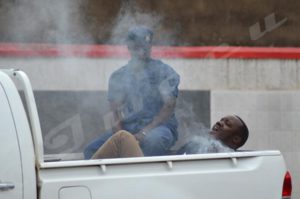
An arrested young man suffering ill-treatment in the police vehicle
The final report of the United Nations Independent Investigation in Burundi (UNIIB) published on 20 September indicates that UNIIB documented hundreds of cases of summary executions, targeted assassinations, arbitrary detention, torture and sexual violence.
UNIIB conducted a total of 227 interviews, in some cases with various parties. The interviews included Government officials, politicians and members of civil society organizations in Bujumbura, Makamba and Gitega Provinces. In addition, it conducted field visits in the Democratic Republic of Congo, Rwanda, Tanzania, and Uganda to interview, among others, 182 refugees. The report revealed that UNHCR has informed UNIIB that, until August 2016, 564 cases of executions have been documented since 26 April 2015.
UNIIB found that the large majority of victims have been identified as people who were opposed or perceived to be opposed to the third term of President Nkurunziza or of members of opposition parties.
The report unveils that executions have been committed on a large scale by security forces, often supported by the ruling party’s youth wing known as the Imbonerakure adding that the majority of the victims were opposed, or perceived to be opposed, to the third term of the current Burundi president Nkurunziza.
The UNIIB report also details 17 different forms of torture and ill-treatment reported to the independent UN investigators, including the attachment of weights to victims’ testicles, the crushing of fingers and toes with pliers, progressive burning with a blow torch, and being forced to sit in acid or on broken glass or nails.
The UN investigation team also identified a pattern of sexual and gender-based violence, including numerous reports of sexual violence against women and girls trying to flee the country.
The report also outlines the massive displacement of almost 400,000 people as refugees and internally displaced people, and the devastating impact of the crisis on the country’s economy and social systems.
The UN investigation team recommended the Human Rights Council to “consider whether or not Burundi can remain a member of the Council” if the situation prevailing in the country does not change radically and the violations that have already occurred are not effectively addressed. Then, the experts urged the government of Burundi, the African Union, the UN Human Rights Council, the Security Council and other international actors to take a series of robust actions to preserve the achievements made in the Arusha Accord and in the 2005 Constitution, which led to the longest period of peace Burundi has known since its independence.
“These include the immediate setting up of an international Commission of Inquiry, the involvement of other independent international judicial processes, reconsideration of Burundi’s membership of the Human Rights Council and possible invocation of Chapter VII of the United Nations Charter if the violations continue and the Government keeps failing to comply with a 29 July 2016 Security Council resolution authorizing the deployment of a UN police force”, suggested the UN report.
Burundian Government Denies all Allegations
In a 40 page-document of the Burundi government entitled: “Comments of the Republic of Burundi on the UN Report of Independent Investigation of Burundi (UNIIB) established pursuant to resolution S-24/1”, the Government notes that the UNIIB conclusions and recommendations are virtually all erroneous as they are based on non-factual analyses. The Government of Burundi categorically refutes the findings of the investigation and exhorted the Council not to adopt it.
“The Government is committed to continuing the fight against impunity and undertaking any action to improve the human rights situation in Burundi”, comments Burundi government. While the UNIIB claims to have “found abundant evidence of violations that abuse human rights “, the Burundian government indicates that the report is based on anonymous testimonies of unverified facts. “UNIIB recognizes that the level of visible violence observed in Burundi at the end of 2015 no longer exists, but derived from a speculative manner that” this does not mean the situation is evolving in the right direction,” states the Burundian comments.
Moreover, continue the comments, the experts have not provided reliable evidence to justify the existence of a secret repression in Burundi, since it is obvious that their report is politically motivated and directed given the content of their analyses.

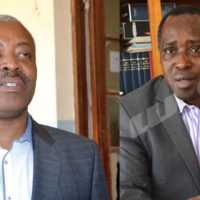
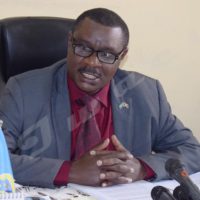
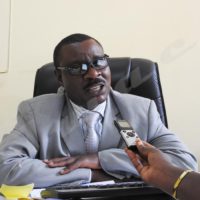
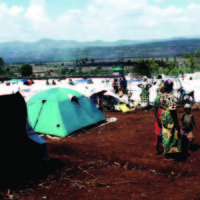
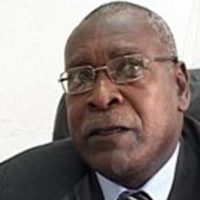













 IWACU Open Data
IWACU Open Data

